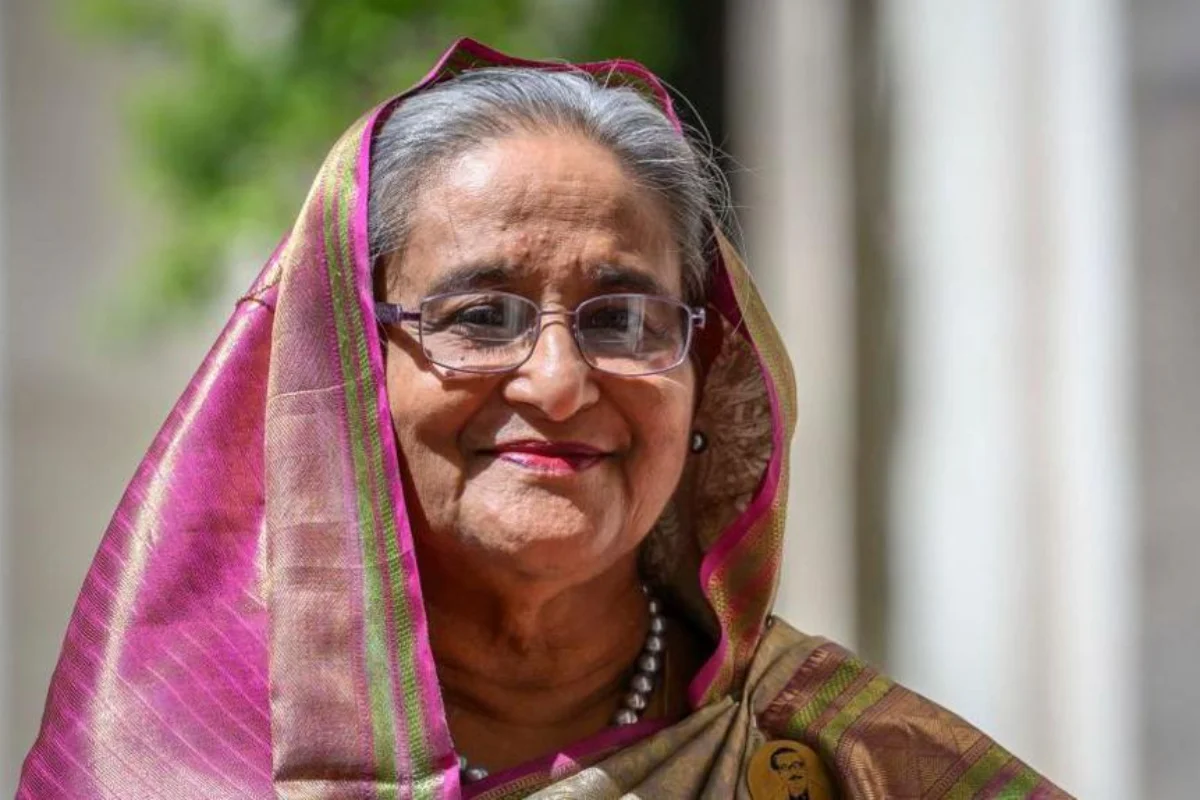Bangladesh’s interim government has officially requested India to extradite the deposed Prime Minister Sheikh Hasina in the aftermath of her conviction by a special tribunal for “crimes against humanity.” The extradition request comes after, in August 2024, Hasina, while in exile in India, was tried in absentia and sentenced to death. Dhaka claims that India has a “mandatory duty” under the bilateral extradition treaty to return Hasina to Bangladesh.
Interpol Involvement: Red Notice Pending
In order to amplify its efforts, Bangladesh is seeking a Red Notice from Interpol for Hasina. A Red Notice is sent to alert law enforcement agencies globally to arrest Hasina should she travel outside of India. However, issuing such a notice is only part of the process. There are various legal and diplomatic steps that must be followed for any possible extradition.
DON'T MISS
Legal Safeguards: India’s Treaty Protections, What Options Will India Have?
Nevertheless, India may not have a legal obligation to comply. Experts point to Article 6 of the 2013 India-Bangladesh extradition treaty, which permits refusal if the crime is “political in nature.” As legal analysts suggest, based on the current charges against Hasina, there are grounds to characterise it as politically motivated, thus allowing New Delhi to refuse extradition to Dhaka.
A further key provision is Article 8, which allows India to refuse extradition if the request is not made “in good faith” or if the individual is likely to face a risk to their fairness of trial or risk to their human rights.
Diplomatic Challenges and Processes
Commentators note that the request from Bangladesh, which was made via a note verbale, may not comply with all international obligations under the treaty. According to sources, Dhaka has yet to fulfil several key formalities, which raises the possibility that India may not respond to the request with urgency.
India has so far reacted neutrally to the request. The Ministry of External Affairs said it “noted” the tribunal someone put the verdict, but did not expressly confirm an extradition for Hasina, which potentially suggests it may seek a legal option – it could mean legal through courts.
Political Risks & Bilateral Fallout
For New Delhi, the question of extraditing Hasina is not simply a legal one — it is deeply political. Her case could exacerbate tensions domestically and regionally. Her party, the Awami League, characterised the extradition request as part of a “farcical trial” and conspiracy.
Denying the request could put pressure on relations with the interim government of Bangladesh. But being too na?ve in terms of the reaction could backfire if India is seen as compromising over human rights or questions of sovereignty.
